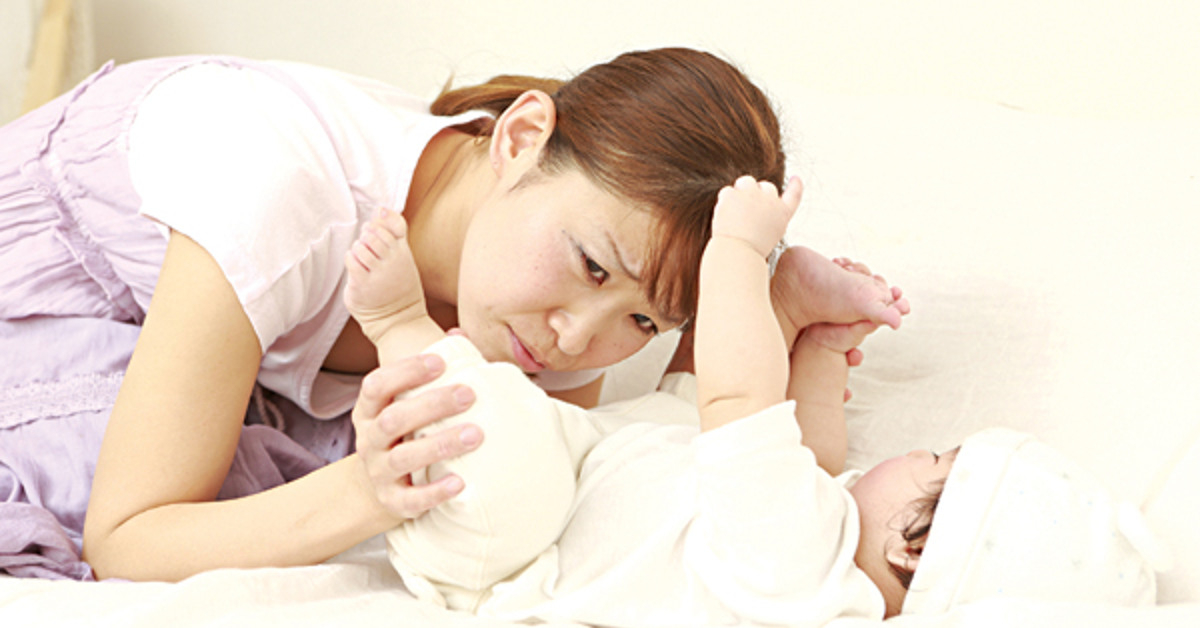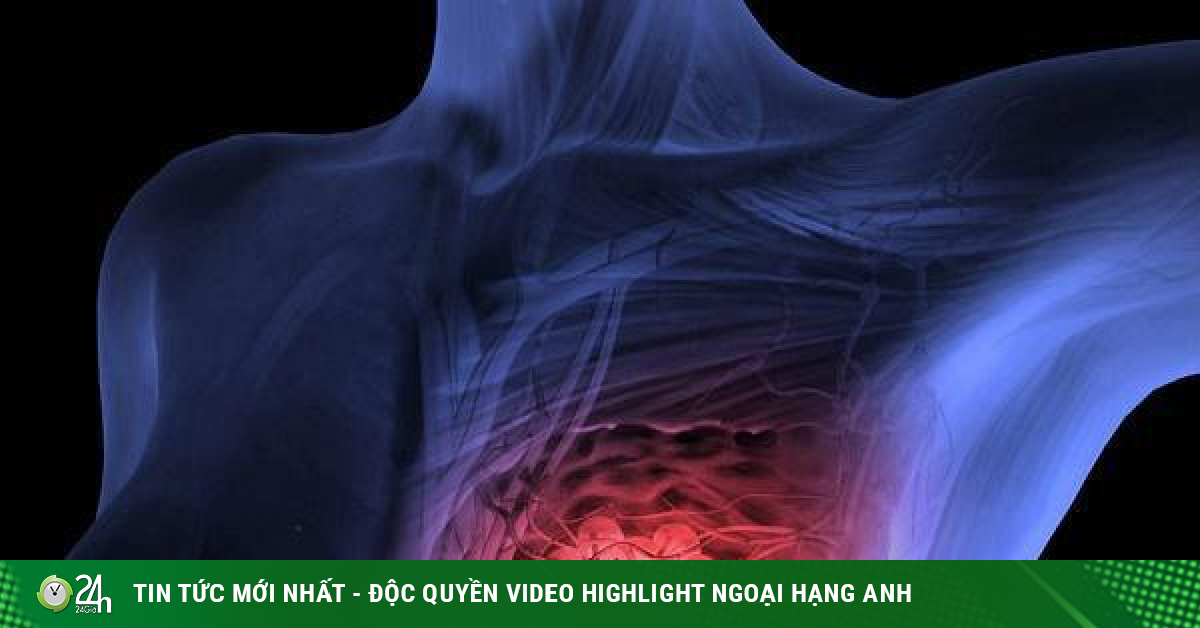Diarrhea is a condition in which a child’s bowel movements are more active, the stools are soft or loose. At each different period, children can have diarrhea but not for too long. This disease is common in infants or children. As you age, your digestive system has developed stably, and diarrhea will decrease.
Diarrhea is a concern of many mothers. (Illustration)
How to identify children with diarrhea?
Because babies and young children, the frequency of bowel movements will be different, so mothers need to pay attention to the age and number of times to go to the toilet, the condition of the stool to determine whether the child has a bowel movement or not. As follows:
– For infants: Because the digestive system is not stable, children can have bowel movements 5-6 times / day, even 10 times / day. Infants with bowel movements 10 times a day but still eating normally and without weight loss are not considered to have diarrhea. If the child has frequent bowel movements, loses weight, or refuses to breastfeed, it is necessary to take the child to the doctor to be examined and to determine the specific condition.
– For children: Abnormally loose stools 3 or more times in 24 hours.
Types of diarrhea in children
Diarrhea often has different types, including:
– Acute diarrhea (short term): It usually takes about 1-2 days to clear up, and is mostly related to an infection or bacteria.
– Chronic (long-term) diarrhea: BILLIONDiarrhea, which usually lasts for several weeks, is caused by irritable bowel syndrome or intestinal disease, which is very dangerous.
What Causes Diarrhea in Children?
There are many causes of diarrhea in children, but the main cause is caused by bacteria that cause intestinal infections. If not treated properly, mistakes can make the baby’s condition worse. Some of the basic reasons are as follows:
– Due to rotavirus infection: Manifestations include vomiting, fever, frequent watery stools a day, yellow-green liquid stools such as lilac and mustard flowers.
– Due to bacterial infection: Regarding food hygiene, diseases are often caused by bacteria such as: E.coli, Shigella, Salmonella, Campylobacter…
– Due to antibiotic use: Using antibiotics for colds and sore throats not only destroys harmful bacteria, but also kills beneficial bacteria for the digestive tract, imbalances the intestinal microflora, causing intestinal dysbacteriosis. , leading to diarrhea.
– Due to parasitic infection: Giardia Lamblia is a parasite that is spread through water or food that babies eat and drink every day. When infected, the baby will have symptoms such as watery stools, stools without blood or mucus.
– Due to lactose intolerance: Some children are lactose intolerant, causing stasis in the intestines and converted into lactic acid, causing diarrhea.
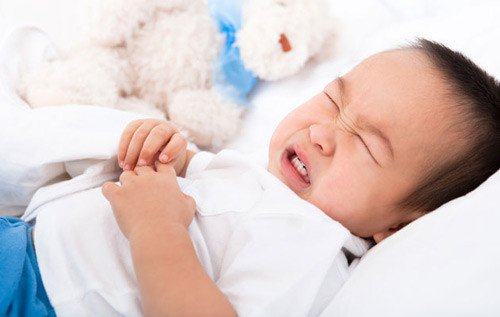
Types of diarrhea in children include acute and chronic. (Illustration)
– Due to allergies, food poisoning: Protein ingredients in the daily diet menu cause children to have food allergies. Allergies can occur within minutes or hours of eating. Symptoms include dizziness, abdominal pain, nausea, shortness of breath, and a drop in blood pressure.
– Due to drinking too much fruit juice: Using fruit juices, including fresh, canned fruits that contain sorbitol – an indigestible sugar will also make the baby’s digestive system undigested and lead to diarrhea.
– Due to some diseases: Otitis media, measles, malnutrition, digestive enzyme deficiency, immunocompromised.
Signs that your baby has diarrhea
Signs of diarrhea in children are often caused by the cause of the disease and the location and health status of the baby. However, in general, the most basic symptoms to identify diarrhea in children with diarrhea are as follows:
Signs of mild diarrhea: Nausea, flatulence, abdominal pain, fever, dehydration, frequent bowel movements, low fever or high fever, depending on each child’s location.
Signs of severe diarrhea: Frequent abdominal pain and continuous frequency, bloody stools, frequent vomiting, loss of appetite, loss of appetite or loss of appetite, high fever, dry mouth, sticky mouth, weight loss, frequent bowel movements but little urination, thirsty and drinking a lot of water, tired and lethargic, difficult to wake up, little or no tears when crying, not cured after 7 days.
What medicine do children take with diarrhea?
When children have diarrhea, they often lose water and electrolytes, so it is important to rehydrate the baby as soon as possible. In newborns, the mother should breastfeed the baby more. With young children, mothers should give them lots of soft, dilute and easily digestible foods. In addition, with children old enough, mothers can mix oresol electrolyte solution for children. Note, please mix and use exactly according to the instructions on the package.
In addition to oresol, there are also some mothers who arbitrarily buy medicine to treat diarrhea for their children. However, according to pediatricians, some medicines that are not prescribed by a doctor to treat diarrhea can be effective for children and adults, but for infants and toddlers, Taking these medicines can be harmful because they quickly build up in a young child’s body.
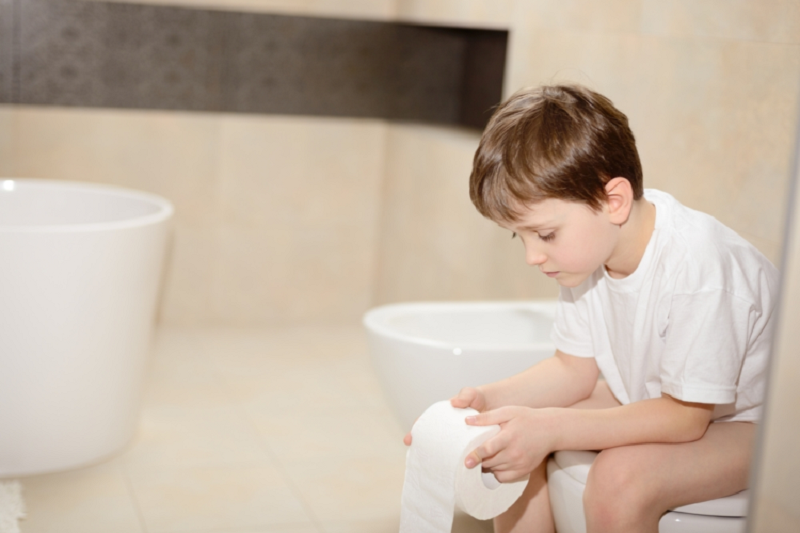
Children with diarrhea always feel tired. (Illustration)
In case the baby has severe, prolonged diarrhea and symptoms of dehydration, the doctor will prescribe some of the following drugs, depending on each specific case:
– Antibiotics.
– Use the medicine in powder form to mix with food, water or milk to drink immediately.
– Zinc supplementation for children under 6 months of age with a dose of 10mg/day. For children over 6 months, the dose is 20mg/day. The shelf life is about 10-14 days.
What should children with diarrhea eat?
For babies with frequent bowel movements, loose stools, diarrhea, mothers need to pay attention to the baby’s diet. In combination with the treatment of diarrhea, the mother should give the baby foods and foods that are good for the intestines such as:
– Rice: Is one of the foods that are easy to digest, especially good for children with diarrhea. White rice will help make stools harder, reduce frequent bowel movements, and stimulate the growth of beneficial bacteria in the gut bacteria. Mothers can cook porridge or cook white rice flour for children when they have diarrhea.
– Carrot: The protein ingredient in carrots relaxes intestinal contractions, beneficial bacteria develop better, pectin is better able to absorb mucus and residue, killing bacteria harmful to sugar intestine. Besides, carrots also contain potassium, a vitamin that helps to replace electrolytes for children to restore health.
– Apple: The soluble fiber pectin in apples is easy to digest, reducing the symptoms of diarrhea in babies. In addition, apples contain natural sugars, good water to help replenish and compensate for the lack of sugar and water due to diarrhea. In addition to apples, the mother can give her baby other fruits such as blueberries, guava, sapodilla… to help astringent and harder stools.
– Porridge/soup: When the child has diarrhea, the mother should give the baby porridge with bone broth, chicken or pork soup/porridge… These soft, liquid foods will help the baby eat, digest, and benefit the intestines better. .
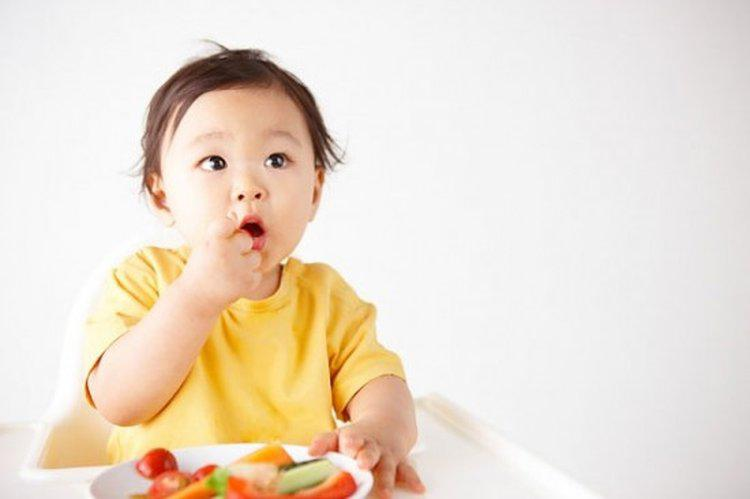
What do children with diarrhea eat? (Illustration)
– Ginger juice: Ginger has the effect of stimulating intestinal peristalsis, making food easier to digest, not causing excessive spasms, anti-nausea, flatulence, diarrhea in children. You can mix fresh ginger juice for your baby to drink after eating.
– Lemonade: The ingredients in lemon contain a lot of vitamin C, citric acid has high antibacterial properties that help repel and destroy bacteria, viruses, and parasites. In addition, lemon water also helps to replenish electrolytes, water enhances energy for the body.
Note: Ginger and lemon juice should only be used for babies over 6 months old.
– Roasted rice water: Roasted rice water from white rice is used as an electrolyte replacement, nutritional and mineral supplement for the body and helps the body detox.
Children with diarrhea should not eat Some foods to avoid prolonged condition such as:
– Red pumpkin: It will make the diarrhea worse, the child tired, nauseated for a long time.
– Cow’s milk, formula milk: The sugar in formula milk will make diarrhea in children worse, protein in milk makes the baby full and uncomfortable.
– Fruit juice: The amount of sugar from fruit juices can make babies uncomfortable, especially peach, pear, grapefruit, watermelon juice… Mothers should stay away from these juices when the baby has diarrhea.
– Seafood: Shrimp, crab, fish… are all foods with a lot of protein that cause allergies, irritation and colic, vomiting in children. Moreover, seafood also has mucous layers on the face, has an attractive fishy smell, easy to create conditions for intestinal bacteria to appear, causing diarrhea and acute diarrhea in children.
Foods rich in fiber: Raw vegetables, brown rice, corn, whole beans…will make your baby difficult to digest, full of stomach and more frequent bowel movements.
– Carbonated soft drinks: These types of water should absolutely be avoided when the baby has diarrhea, even making the disease last longer, worse, more difficult to treat.
When to take a child with diarrhea to the doctor?
Take a child with diarrhea to the doctor when experiencing any of the following symptoms, especially in children under 2 years of age:
– Abdominal pain, blood in stools.
– High fever, vomiting many times, often.
– Children with dry, sticky mouth.
– The child urinates less and has frequent bowel movements.
– Extreme thirst.
How to prevent diarrhea in children?
Doctors often recommend to prevent diarrhea in children, parents should do the following:
– Regularly wash hands with soap and warm water for children, especially before eating, after using the toilet, after going out.
– Sanitize baby bottles, milk products for babies and young children with boiling water of 100 degrees Celsius.
– Regularly wash toys for children, do not let children put toys in their mouths, avoid parasites.
– Exclusive breastfeeding for at least the first 6 months to strengthen immunity.
– Do not let children drink too much fruit juice, industrial drinks, carbonated drinks, fast food.
at Blogtuan.info – Source: Eva.vn – Read the original article here
